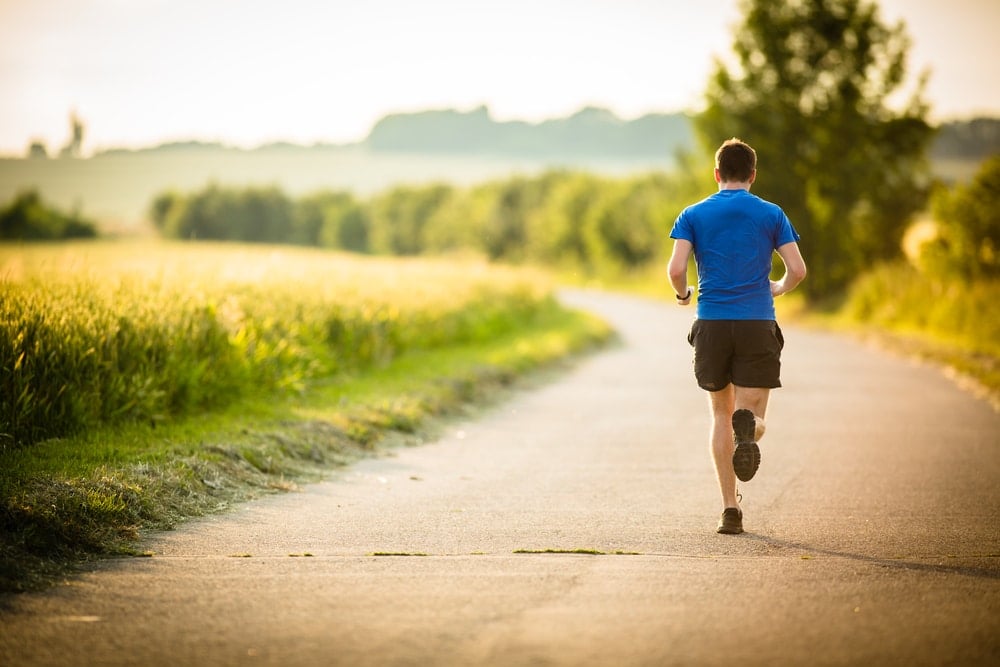Many of us are runners these days. Many of us love a pint too. And for most people, the two can live in perfect harmony, although of course not at the same time.

However, for those wanting to get more out of their running, alcohol can be incredibly detrimental. And for a variety of reasons.
It affects many people’s performance, during a period when many people are struggling with alcohol. However, at the same time it is worth noting that running has also been a powerful tool for many people going through alcohol rehab and looking to give up the substance.
But for those drinking alcohol, how exactly can it affect performance? Particularly if drinking is especially heavy?
Dehydration
Alcohol is a diuretic, meaning it promotes urine production and ultimately leads to dehydration. When you’re dehydrated, your body’s ability to regulate temperature and transport oxygen to working muscles is compromised. This can result in reduced endurance and increased fatigue during runs. To mitigate this effect, it’s essential to hydrate properly by consuming water before and after drinking alcohol, especially if you plan to run the next day.
Impaired Muscle Recovery
Recovery is so vital for runners and alcohol consumption can really impair that. The reason for this is that it interferes with protein synthesis, which is so vital for muscle repair and growth.
Alongside this, alcohol also disrupts the production of human growth hormone, which is really important for tissue regeneration. This means that recovery times will take longer and will hamper performance in subsequent workouts.
Reduced Energy Levels
We all know what it’s like enduring a hangover or after a night out drinking. We have no energy and the thought of running is enough to make you feel sick. Alcohol can lead to decreased glycogen storage in muscles and liver, which are primary energy sources during endurance activities.
Not only will this discourage going for a run at all, if you do it can result in reduced stamina, diminished performance, and increased perceived exertion during runs.
Impaired Coordination and Balance
Alcohol is a depressent and as a result affects coordination, balance, and reaction time. Consuming alcohol before running, whether that be in the immediate hours prior, or the night before, can impair these motor skills, increasing the risk of injury due to tripping, stumbling, or falling. Running requires precise coordination and balance, and alcohol-induced impairment can compromise that dramatically.
Disrupted Sleep Patterns
While alcohol may initially make you feel drowsy and aid in falling asleep, it disrupts the quality of sleep later in the night. Alcohol interferes with REM (rapid eye movement) sleep, which is crucial for physical and mental recovery. Poor sleep can leave runners feeling fatigued, unfocused, and less motivated to train effectively the next day.

